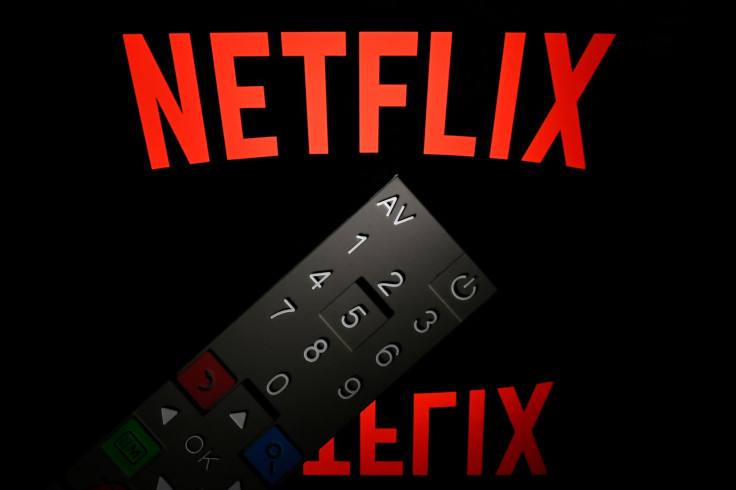Netflix Has A Cancellation Problem

In its early days, Netflix (NASDAQ:NFLX) canceled very few series in its lineup. That was partly because it had so few that getting rid of any was impractical.
In recent years, however, the company has canceled shows at a much faster clip. Sometimes this is because an outside studio owns the content. In other cases, the streaming giant ended programs for viewership reasons (or at least that is the assumption, since the company does not share audience information).
The problem isn't so much that Netflix decided to cancel shows, including its entire Marvel lineup, the well-regarded One Day at a Time, Santa Clarita Diet, and a number of others. It's that the company has done so without resolving the plot lines in any of them.
Dropping an advantage
When a broadcast network launches a show, audiences know that it may not even last one full season. That makes it risky to commit to watching because it's very possible that you will become invested and the series will be canceled.
Premium cable channels, like HBO, have a history of being more patient. Cancellations aren't unprecedented, but shows generally get multiple seasons, and it's common for a canceled series to be given enough notice to allow the creators to tie up storylines.
Being less willing to cancel shows creates an environment where viewers are more willing to commit to watching them. On Netflix, as on premium cable, at the very worst you knew you would get a full season (and second-season renewals are often announced very early in a show's first season).
Netflix's model of releasing a full season at a time lets viewers know they will at least get that many episodes. The company's former practice of not canceling shows quickly made it very comfortable for viewers to make the decision to watch. They could commit to the first season knowing that more would be coming. And when the end came, there would be a final season to wrap things up.
Fans of Santa Clarita Diet, Iron Fist, Luke Cage, Friends From College, and other recently canceled Netflix shows won't get that. Those series were canceled abruptly, leaving their characters dangling. That not only angers fans of the shows, but it also lessens the value of those series in the Netflix catalog going forward.
Why would anyone invest viewing time in a show that ultimately won't pay off any drama it creates? That may be OK for sitcoms (though even those generally have some serial plot elements), but it's disastrous for dramas. This is essentially Netflix orphaning its own programming when it could at least offer an additional episode or two to provide closure for fans.
Netflix will suffer
This is not about how long Netflix lets a series go on for. A series like Unbreakable Kimmy Schmidt was canceled after four seasons, but its creators knew the end was happening as the final season was produced. Fans might have been sad the show ended, but it got to have a finale instead of just trailing off.
One of Netflix's advantages is that it's not bound by the same economics as ad-supported television. That means a show may have more value than just the size of its audience and, because of that, every series should be treated with kid gloves.
If Netflix commits to airing a show, it should commit to allowing it to conclude. Perhaps it doesn't have to do that with shows canceled after a single season, but it almost never does that. Instead, the company is developing a bad habit of ordering multiple seasons, hooking viewers, and then leaving them high and dry.
Doing this will make people more reluctant to commit to new shows, which could lead to consumers feeling less connected to Netflix. That could lead to the type of cancellations the streaming giant doesn't control -- where customers get frustrated and walk away.
This article originally appeared in The Motley Fool.
Daniel B. Kline has no position in any of the stocks mentioned. The Motley Fool owns shares of and recommends Netflix. The Motley Fool has a disclosure policy.





















